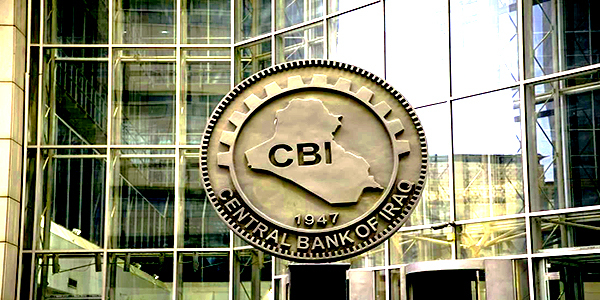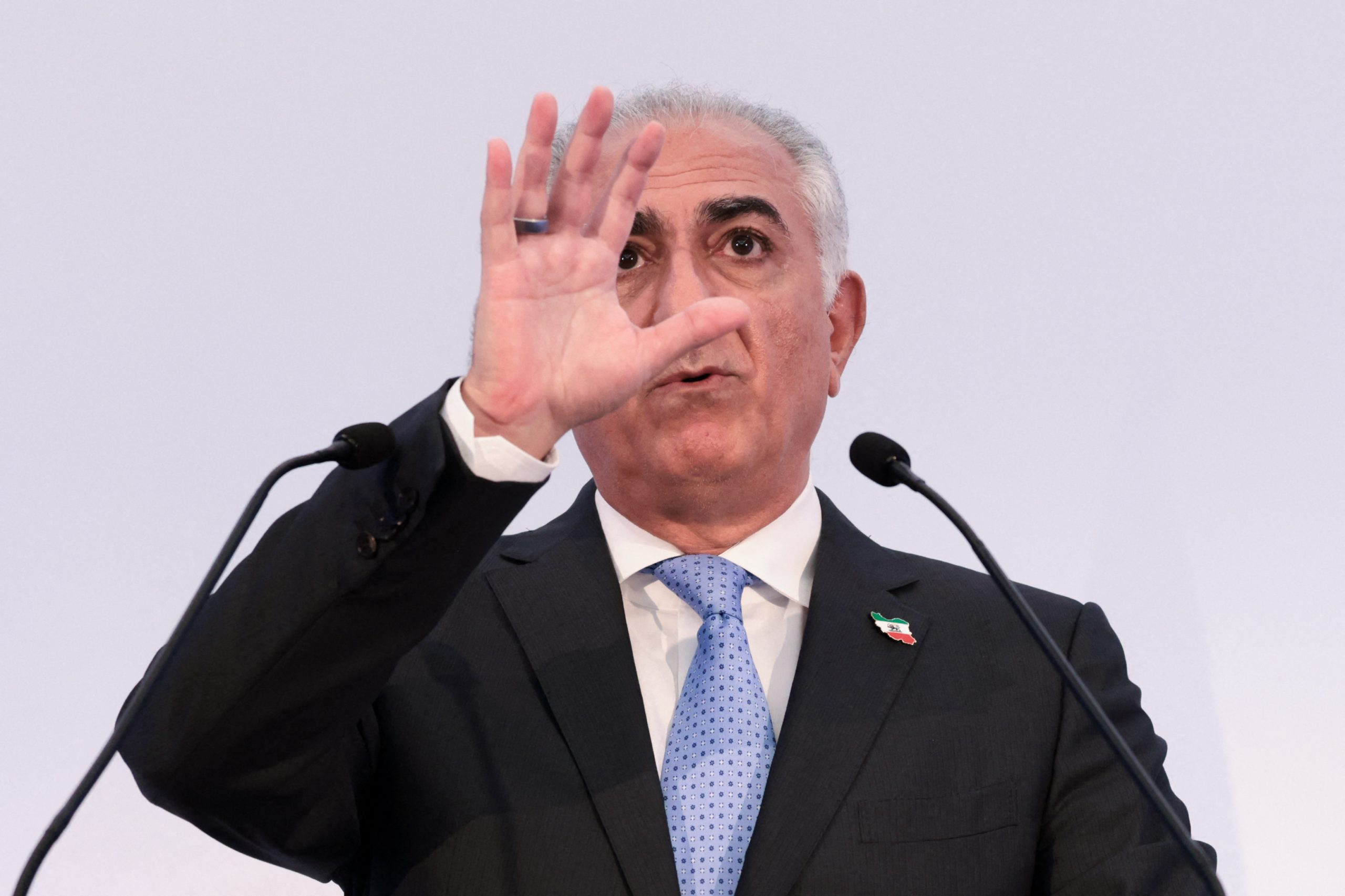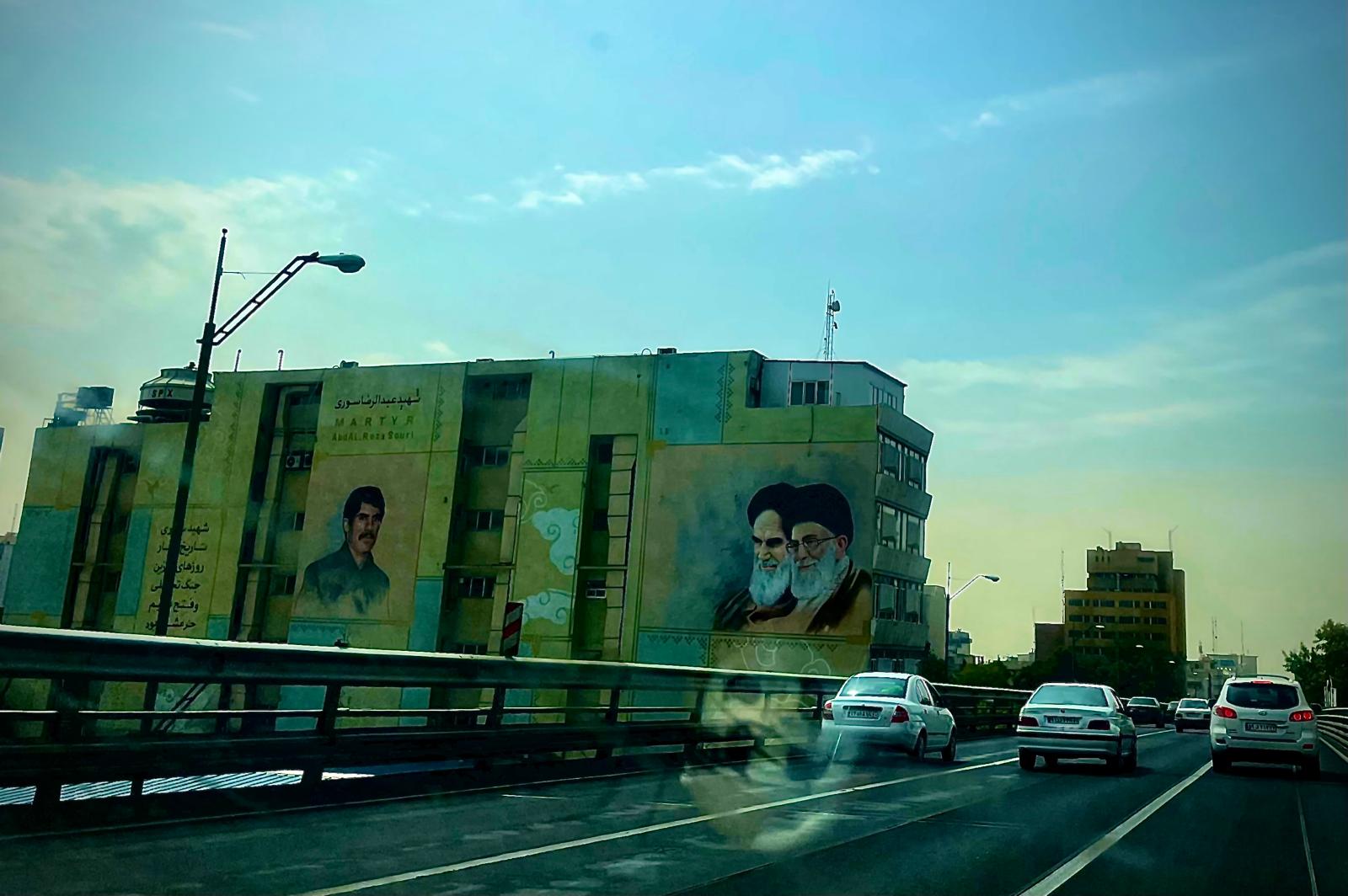Why Iraq and the Kurdistan Region Need a Genuine Free Market?

Picture Credits: Ayn Agency
Picture Credits: Ayn Agency
Iraq’s political economy has been trapped in a loop for two decades: parties control jobs, jobs secure votes, and votes reproduce party power. Nowhere is this clearer than in the Kurdistan Region of Iraq (KRI), where state employment and party-mediated opportunities remain the safest path for ordinary people seeking stability. Breaking that loop requires more than fiscal tweaks or slogans about reform. It requires a genuine free market – rules-based, open to competition and investment – so that livelihoods are created by private dynamism rather than partisan favour, and voters are liberated to judge parties on their ideas instead of their payrolls.
The Patronage Economy
In the KRI, the public sector still dominates the economy and labour market. A World Bank roadmap bluntly states that public spending exceeds half of GDP and the government is the single largest employer, with wages and pensions absorbing most of the budget
In the KRI, the public sector still dominates the economy and labour market. A World Bank roadmap bluntly states that public spending exceeds half of GDP and the government is the single largest employer, with wages and pensions absorbing most of the budget. When the state is the primary employer, parties that allocate state jobs become the primary brokers of opportunity. Citizens in the KRI are therefore incentivised to vote for whoever controls salaries, rather than for whoever offers a credible programme for growth.
The mechanism that turns economic dependence into political loyalty is patronage. In the KRI, access to public jobs, government contracts, and security posts has long been mediated through party channels. Analysts have demonstrated how this two-party duopoly divides territory, institutions, and rents. Entrepreneurs quickly learn that to win tenders, secure permits, or even navigate checkpoints, you need a “sponsor”; someone linked to a bureau, a security organ, or a party-affiliated business.
Layered onto this is a taxing fog of bureaucracy and corruption that strangles market entry. A 2024 U.S. assessment suggests that starting and operating a business in Iraq can take months, with red tape and rent-seeking inflating costs. An Iraq Britain Business Council review estimated that setting up a firm can take 160 days on average, and corruption can skim roughly a fifth of turnover (numbers that would cripple competitiveness anywhere). It is hardly surprising that much economic activity stays informal, starving both the state and private sector of scale.
The Cost of Exclusion – How the KRI Contributes to Europe’s Migrant Problem
Not only has there been a decade’s worth of unpaid public sector wages due to corruption, but hundreds of thousands of Iraqis – especially Kurdish youth – find themselves locked out of this patronage economy
This is not just an efficiency problem; it is a dignity problem. Not only has there been a decade’s worth of unpaid public sector wages due to corruption, but hundreds of thousands of Iraqis – especially Kurdish youth – find themselves locked out of this patronage economy. Without party connections, they cannot get government jobs, win contracts, or build businesses. Faced with blocked horizons, many risk their lives crossing borders in search of opportunity elsewhere. The tragic images of young Kurds drowning in the Channel or suffocating in lorries are not just stories of migration; they are the human cost of a system that ties jobs to votes and shuts out those without a patron. And for those who do not or cannot flee, despair often takes another path: they become vulnerable to recruitment by armed groups, as seen with ISIS, Iran’s militias, and other factions that prey on disillusioned youth who feel excluded from legitimate opportunity.
A genuine free market would offer these young people an alternative: the chance to build livelihoods at home based on talent, effort, and innovation rather than political allegiance.
A genuine free market would offer these young people an alternative: the chance to build livelihoods at home based on talent, effort, and innovation rather than political allegiance. And this is where foreign governments, donors, and international institutions have leverage. Instead of funnelling aid and contracts into the same patronage channels, they could insist on structural reforms – digital licensing, transparent procurement, enforceable contracts – as conditions for investment and assistance. In a context where political elites are unlikely to reform themselves, external pressure could tilt the balance.
Why Investors Stay Away
Foreign investors see what locals do: unclear rules, facilitation payments, and contracts vulnerable to political interference. The U.S. State Department’s 2024 assessment highlights corruption, opaque registration, customs and tax practices, and irregular visa procedures that chill FDI. Freedom House notes bribe demands, threats, and even violent attempts to seize enterprises, with recent cases of telecom-sector bribery showing how deeply these practices run.
The Kurdistan Regional Government (KRG) does have formal structures: the 2006 Investment Law and its Board of Investment offer ten-year tax and duty exemptions in priority sectors. These helped spark an early wave of projects. But laws on paper matter only if applied universally – if licences are granted on merit, land allocated transparently, and regulators serve the public rather than party headquarters. Otherwise, “investment promotion” collapses into discretionary rent allocation, undermining both fairness and growth.
What a Free Market Could Change
A genuine free market would reshape Iraq and the KRI in four ways. It would diversify salaries, freeing households from reliance on ministries and breaking the “jobs for votes” cycle. It would professionalise opportunity by digitising licensing, registration, and procurement, cutting out ‘party taxes.’ It would unlock Foreign Direct Investment (FDI), since multinationals accept taxes when rules are predictable but avoid arbitrary fees and interference; with functioning courts and modern customs, investment could flow into logistics, agribusiness, and manufacturing. Finally, it would formalise the informal economy by lowering entry costs, encouraging small firms to register, broadening the tax base, and shifting state spending from patronage to public goods.
Regional and Geopolitical Shockwaves
Such reforms – especially digital banking and transparent financial systems – would ripple beyond Iraq
Such reforms – especially digital banking and transparent financial systems – would ripple beyond Iraq. Neighbours like Turkey and Iran rely on trade controls, informal transfers, and cash-based patronage networks to project influence. Iran, in particular, thrives on opaque channels for sanctions evasion and party financing. A digitised financial system would choke off much of that leverage. Market reform is therefore not only economic but geopolitical: it strengthens Iraq’s sovereignty and creates an opening for powers seeking to curb Iran’s regional reach.
Getting There
Three priorities matter most. First, clean the pipes that capital flows through by streamlining registration into a single digital window with binding deadlines and digitising customs to eliminate side-payments. Second, build a commercial justice spine with specialised courts, enforceable arbitration, and a competition authority to curb cartels and dominance – a suggestion stressed by the IMF’s 2025 Iraq consultation. Third, depoliticise state–market touchpoints by making investment boards, land allocation, and major tenders fully transparent, while banning officials from bidding through private firms while in office.
The Political Payoff – The End of the ‘Jobs-for-Votes’ Scheme
The political impact of reform would be profound. As the private sector becomes a real source of prosperity, citizens would no longer vote to protect salaries but to back growth strategies. Parties would have to compete on electricity reform, FDI, education, and health policy, not payroll promises.
Sceptics argue elites will never surrender patronage, but a freer market also serves their long-term interests: diversified tax revenues ease fiscal crises, private-led growth cushions oil shocks, and jobs without bloated payrolls mean more durable legitimacy. The alternative is stagnation – an economy where entrepreneurs whisper about “party tax,” investors stay away, and youth measure their future by whose bureau will stamp their form. A free market is not a Western idea but a commitment to equal rules. For Iraq and the KRI, that commitment is the surest path to dignity – and to a politics where people vote for ideas, not jobs.
Bamo Nouri
Bamo Nouri is an award-winning senior lecturer in International Relations at the University of West London, an Honorary Research Fellow at City St George’s, University of London, and a One Young World Ambassador. He is also an independent investigative journalist and writer with interests in American foreign policy and the international and domestic politics of the Middle East. He is the author of Elite Theory and the 2003 Iraq Occupation by the United States.



